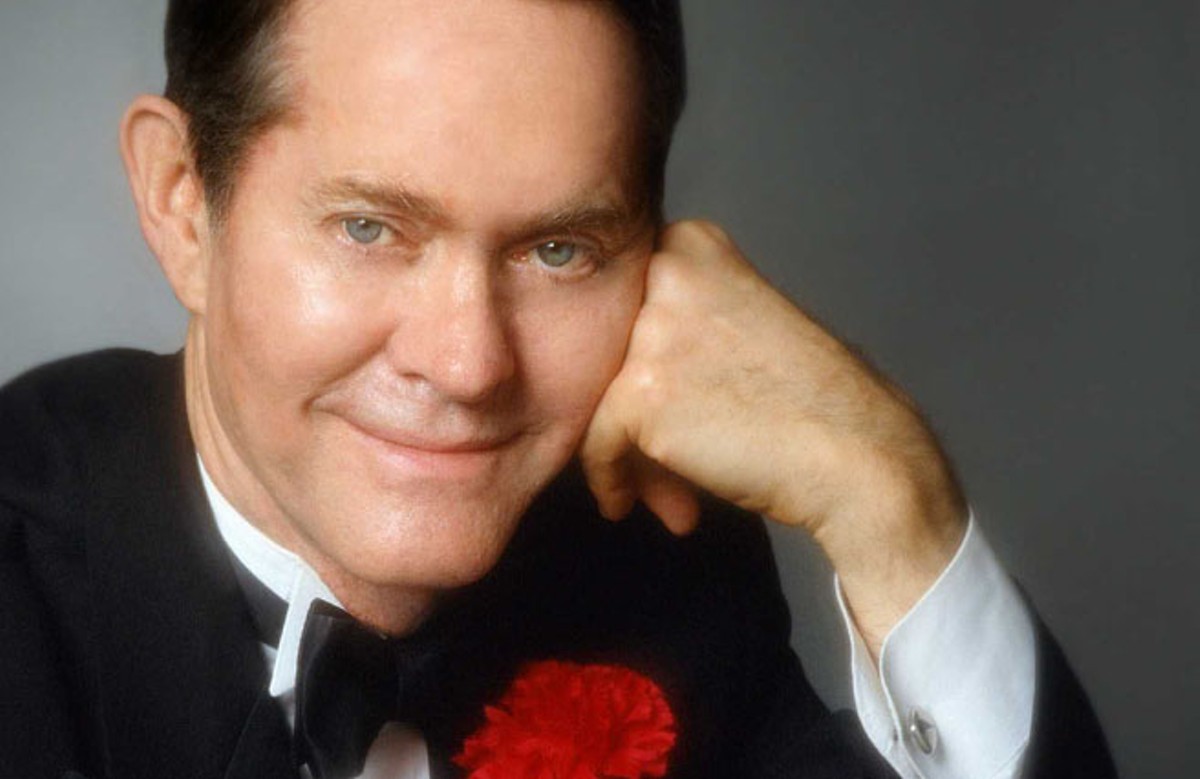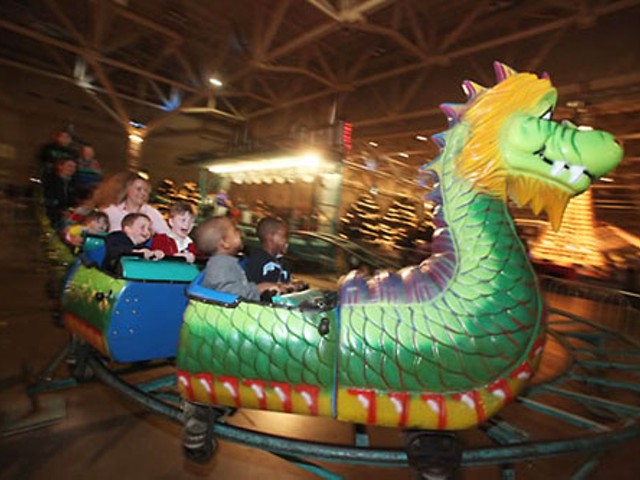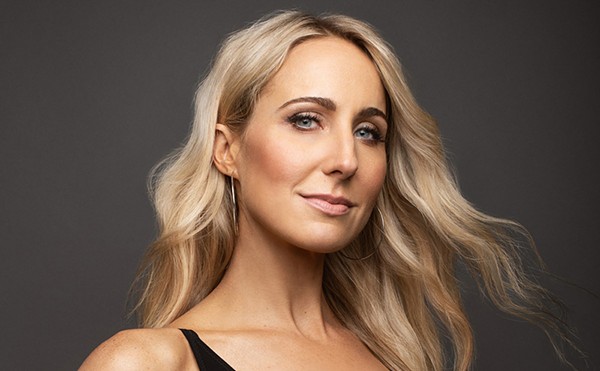It's a simple, clean form of entertainment. A man sits at a piano and sings. But when Steve Ross is at the keyboard, for an hour or so life seems a little more civilized. By his own count, Ross has performed in St. Louis at least seven times over the past twenty years. This weekend he'll be appearing at the Kranzberg Arts Center, breaking in a new act that will officially debut in January at Manhattan's storied Algonquin Hotel. We wanted to hear more from this genteel troubadour, so we showered, shaved, rented a tuxedo, stuck a boutonnière into the lapel and placed a call to New York City.
Riverfront Times: How do you structure an evening of songs?
Steve Ross: It used to be that there was a progression: the snappy opening, the snappy second number, the comedy number, the ballad. But the more I do this, the more I realize that surprise and delight are the key elements. The criterion is this: Are you drawn into the evening? Do you want to spend time with this person? However the performer opens the door is fine.
If I do a thematic show, there might be more informational patter. But a performer needn't talk. When I first heard Mabel Mercer many years ago, she never said a word other than to turn her head and murmur the title of the next tune to the piano player. Never said a word until she muttered "thank you" at the end of the hour. But she was memorable.
What songs continue to feel fresh to you on repeated singings?
Definitely Noël Coward's "I'll See You Again." Stephen Sondheim's "Send in the Clowns." I know it's done to death, but I love singing it. And then "Night and Day" by Cole Porter. It is a beautiful work of art to visit and revisit. I couldn't even estimate how many thousands of times I've sung that song over the decades, but I always get a bit of a thrill when I go into the bridge. Porter's songs are minor masterpieces that never fail to make me feel happy when I perform them. Not just the lyrics, but the marriage between the words and the music. I try to never let an opportunity in performance pass without doing them. Sharing the songs of composers like Porter and Noël Coward, and sometimes introducing these songs to new audiences — that's my vineyard. It's a teeny-tiny one, but that's what I do.
Who was the best you ever saw at sitting at a piano and singing songs?
Definitively, Bobby Short. He was a one-man show, par excellence. Listening to his LPs, his style and verve gave me a goal to strive for. When I moved to New York, I was lucky enough to make his acquaintance. He was the one that guided me along. He was an avatar, to use that word properly. I saw him perform maybe a hundred times. I never ceased to be amazed by his supreme self-confidence: "I am here and I'm terrific, and I love the fact that you're here, and we are privileged to be in each other's company." At the end of his tenure at the Carlyle Hotel, he started working with a small band. This was so Bobby. He would gesture to the band and say, "Now I've got some people who are just dying to meet you." We're looking over at the musicians. They didn't seem to be dying to meet anybody. They were there for the gig. But Bobby infused everything with his great joie, and I adored it.
You call yourself a cabaret performer, but isn't your style of solo performing also theater?
It is a theatrical experience, yes. In the cabaret world, we've trained the audience that the idea is to pay attention. After years of playing in loud piano bars where nobody paid any attention, now I can choose songs for their lyrical content. And if the audience pays attention, I'm thrilled.






